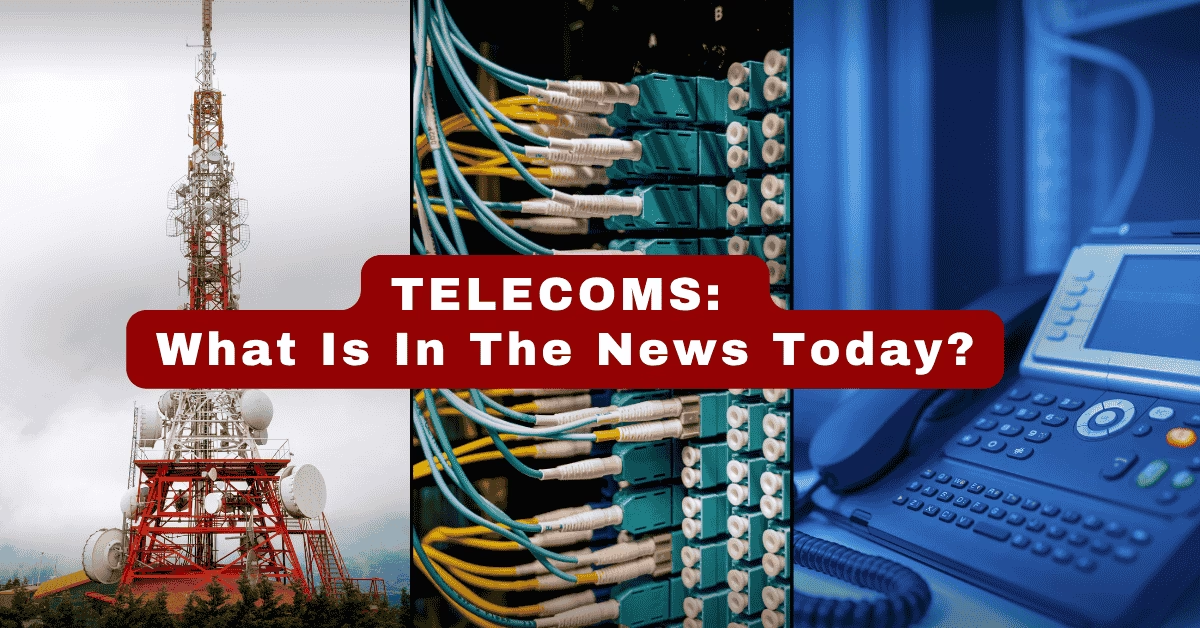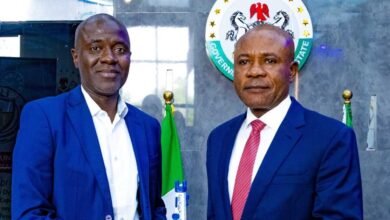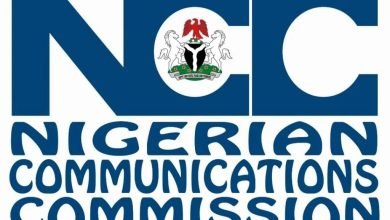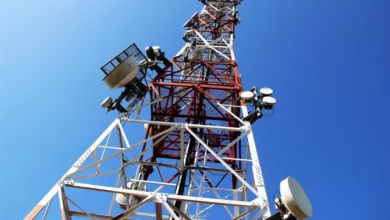
- Eutelsat renews its partnership with BHS to expand TV broadcast services across the MENA region.
- Nigeria’s telecom sector hits a $75.6 billion investment milestone.
- NCC flags critical digital skill shortages in Nigeria’s telecom value chain and outlines priority areas.
- Indus Towers enters African markets to expand telecom infrastructure.
Eutelsat Extends Partnership with BHS for MENA Broadcast Services
Satellite giant Eutelsat has renewed its long-running partnership with BHS Telecommunications, a major player in TV distribution across the Middle East and North Africa (MENA). The new deal secures Ku-band capacity on the EUTELSAT 7 West A satellite, positioned at 7/8° West—the prime neighborhood for broadcast in the region.
BHS, which delivers end-to-end broadcast solutions, will use the capacity to expand its TV offerings, ensuring better service for millions of viewers. For Eutelsat, the renewal strengthens its hold on one of the most competitive broadcast markets in the world.
As consumer preferences shift towards digital content and demand for diverse programming rises, this partnership keeps both companies well-positioned to deliver reliable, high-quality services across MENA.
Nigeria’s Telecom Sector Hits $75.6 Billion Investment Milestone
Nigeria’s telecom industry has grown into an investment powerhouse worth $75.6 billion over the past 24 years, according to the Nigerian Communications Commission (NCC). The sector now contributes 14.4% to GDP (2024), reflecting its critical role in driving digital access, economic inclusion, and national development.
The story began in 2001 with the launch of GSM licenses that brought MTN, Airtel, and Glo into the market. At the time, analysts expected just 10–15 million mobile subscribers. Today, Nigeria has over 169 million active lines. Investments in submarine cables, data infrastructure, and local innovation have further strengthened the ecosystem, transforming how Nigerians work, learn, and connect.
While challenges such as infrastructure gaps and regulatory pressures remain, ongoing investments and the gradual rollout of new technologies like 5G promise even greater inclusion and growth in the years ahead.
NCC Flags Skill Shortages in Nigeria’s Telecom Value Chain
At a recent Stakeholders Consultative Forum in Lagos, the NCC raised concerns about skill gaps threatening the future of Nigeria’s telecom sector. Representing the Executive Vice Chairman, Dr. Aminu Maida, Engineer Edoyemi Ogoh highlighted that while the industry has created over 500,000 jobs since 2001, only about 11% of the workforce has advanced digital skills, compared to industry demand of nearly 30%.
Four areas stand out as needing urgent attention:
• Core technical expertise
• Software and data skills
• Business and strategic acumen
• Soft skills
Challenges like brain drain, dependence on expatriates, and outdated curricula continue to deepen the gaps. The government’s plan to train 3 million technical personnel is seen as a major step to address the shortage and prepare Nigeria for the next phase of digital growth.
The forum emphasized the need for stronger collaboration between government, academia, and industry to build a workforce that can sustain innovation and keep Nigeria competitive globally.
Indus Towers Expands Into African Markets: Nigeria, Uganda, Zambia on the Radar
Indus Towers Limited, one of the world’s largest telecom tower companies, has announced its entry into Africa, with Nigeria, Uganda, and Zambia as the first targets. The move, backed by board approval, reflects the company’s ambition to tap into fast-growing telecom markets and diversify revenue streams.
The expansion will be supported by Indus’s strong financial position and its long-standing relationship with Bharti Airtel, which already operates extensively across Africa. By leveraging Airtel’s existing infrastructure, Indus expects to scale quickly and capture demand for tower leasing and connectivity solutions.
Africa’s surging mobile subscriptions and appetite for digital services make it a natural growth frontier. Beyond the initial three countries, Indus Towers is eyeing more African markets where Airtel has presence, aligning with India’s broader push for global business expansion.
This step positions Indus as a serious contender in shaping Africa’s telecom infrastructure, while also promising stronger connectivity and wider digital access for millions of people.




